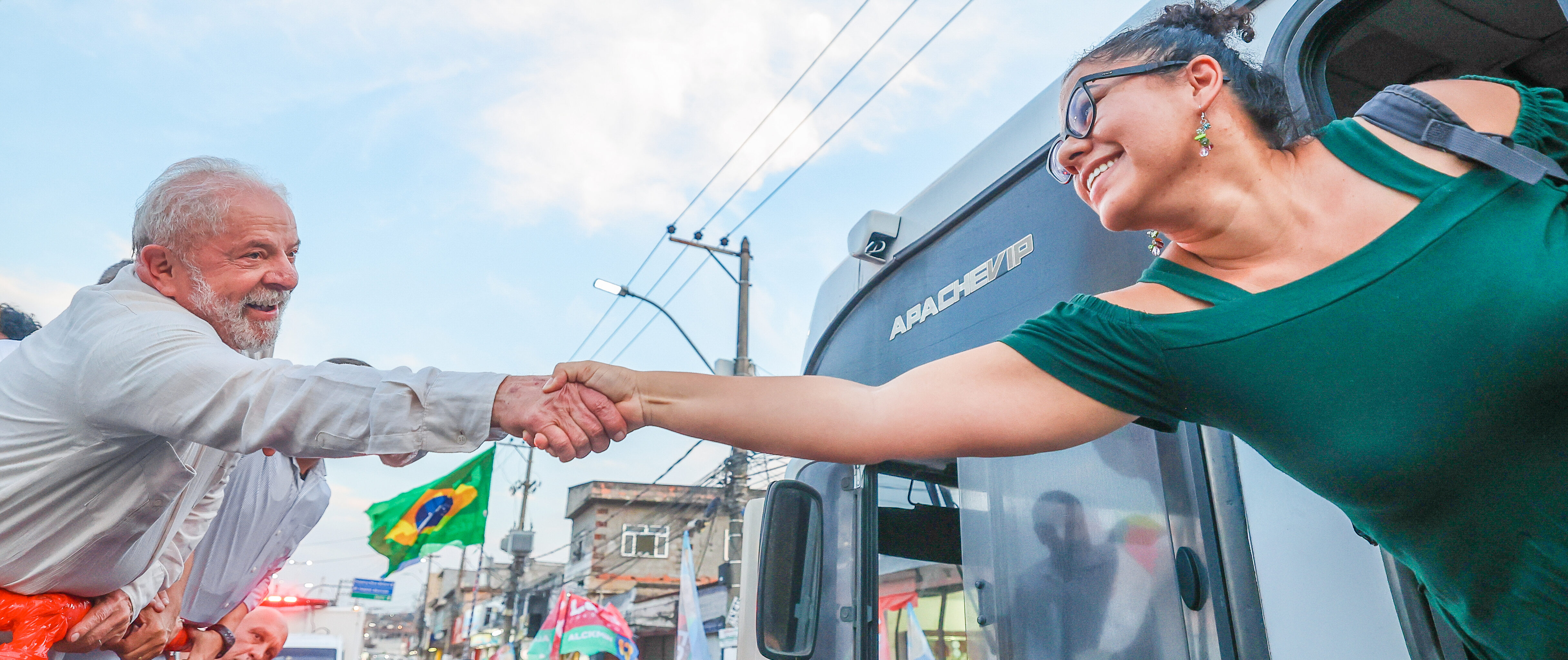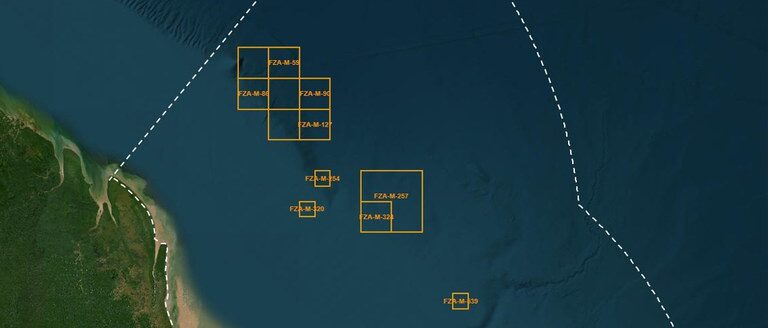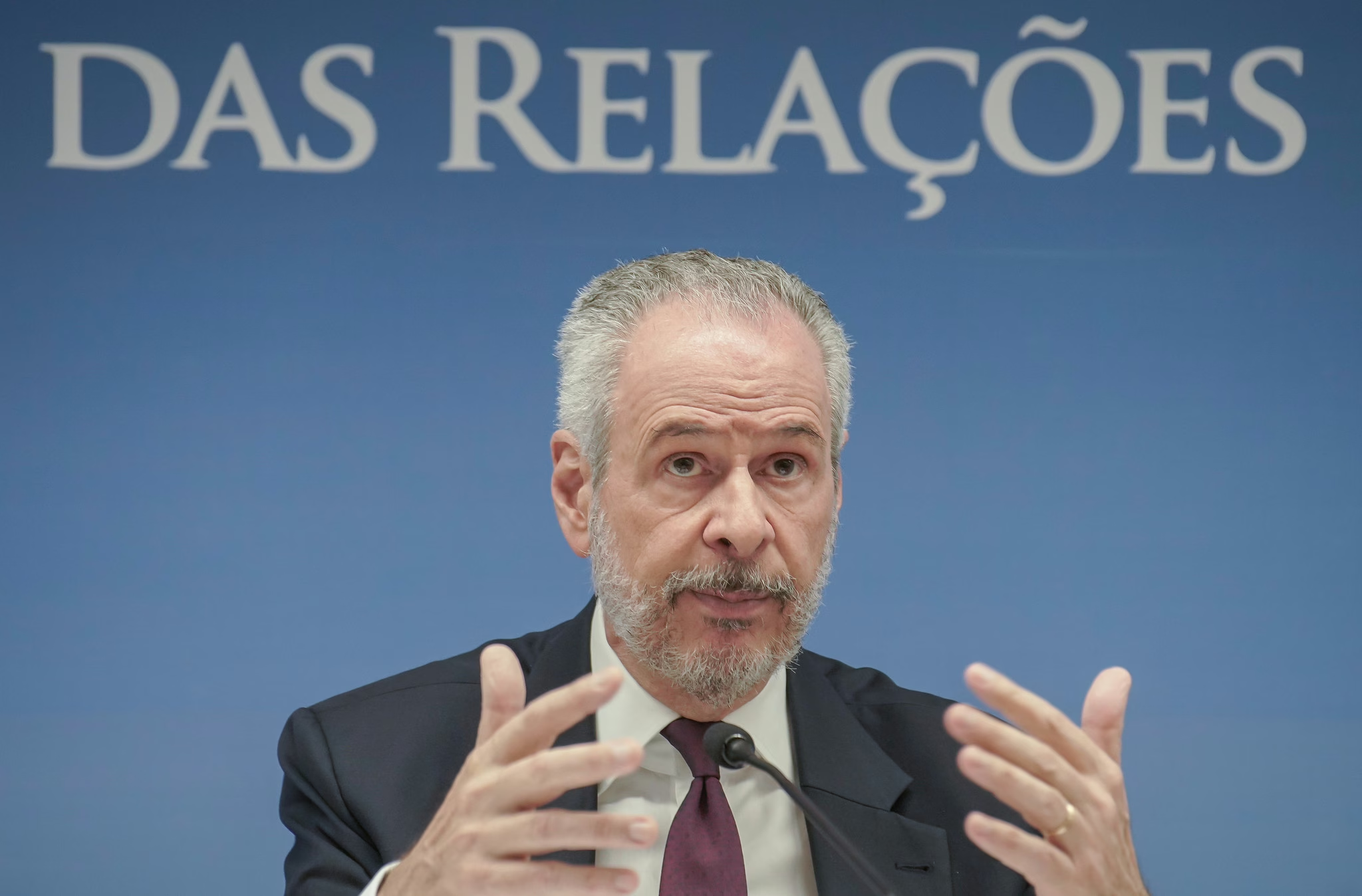NOTE BY THE CLIMATE OBSERVATORY
The nightmare is due to end at last. This Sunday, nearly 51% of Brazilian voters chose to maintain democracy and elected Luiz Inácio Lula da Silva President of the Republic in a dramatic runoff. Though exposed to four years of manipulation and disinformation, Brazilian society decided to sweep the far right from power, along with its politics of death, impoverishment, and environmental destruction. The tyrant wannabe who now occupies the Palácio do Planalto thus becomes the first president to run for reelection and lose. Took him long enough.
It’s time to celebrate the resilience of the democratic system, which passed its biggest stress test, but also to realistically assess the country’s situation. The new government will inherit a broken state and a divided society, with 33 million people starving, a high number of armed civilians and a dismantled governance structure. Before looking into the future, the new government will need to undo setbacks and rebuild what neo-fascism has dismantled.
The socio-environmental and climate agenda is one of the places where Lula will need to act fast and firmly. Stopping the slaughter of indigenous peoples and the devastation of the Amazon will require countering powerful gangs and, very often, the interests of allies and supporters in local governments and the Parliament. Expelling criminals from indigenous lands and reversing runaway deforestation are urgent measures, and necessary to for recover the Brazilian government’s credibility before its own people and the international community.
The horror has been defeated, but it’s not over yet. In the next three months, the developments in the plenary halls of Congress will be as important as what happens on the ground in the forest. The alliance between the crumbling regime and ruralismo, enshrined in Parliament, will continue even after the current President is gone. Until the end of this year, they will try to tear down both the trees and the laws. The new government must immediately start to use the political power it conquered at the ballots to prevent representatives and senators from approving the bombshells they have in their hands. If the anti-environmental bills known as the “destruction package” are passed, any effort to slow down deforestation from 2023 onwards will be much more difficult.
Lula starts his third term as President with triple responsibility in this area. As the author of the policies that led to the drop in deforestation rates between 2005 and 2012, his party, PT, has to top its own performance. As an old-school developmentalist who in the past gave in to oil and gas and predatory infrastructure in the Amazon, Lula will need to engage in a new development model that sees the climate crisis and Brazilian environmental heritage as opportunities to leverage economic growth and reduce inequalities. As the leader of one of the six biggest carbon emitters at a time when the effects of climate change are accelerating around the world, Lula needs to ensure that Brazil increases the ambition of its pledges to the Paris Agreement. Humanity has just 84 months to cut emissions to safeguard the 1.5oC target. Brazil is part of both the problem and the solution.
The president-elect is remarkably well positioned to implement the socio-environmental turnaround the country so badly needs. By incorporating the environmental agenda items proposed by former minister Marina Silva, Lula has made his government program the greenest in the democratic field. Civil society proposals, such as the Climate Observatory’s Brazil 2045 strategy, with a list of emergency actions for the first two years of government, have also been taken in. Lula did not shy away from making strong speeches and ambitious promises on the subject in the campaign. Now is the time to fulfill them.
It is also imperative that the next government understands that the climate crisis is, first and foremost, a social problem. Extreme events mainly victimize the most vulnerable, notably women and the black population. Climate change is a nursery for inequality and poverty.
The Climate Observatory congratulates the president-elect and the broad alliance that led to his victory, and trusts them with our best hopes for a decarbonized, fair, prosperous, and sustainable reconstruction of the country. Civil society will always be ready to collaborate with the new government in the democratic spaces we hope to see recreated in the necessary agendas for Brazil.
However, we will also be ready to exercise our role of criticizing and pressuring the government whenever and wherever necessary. Dissent, a key component of democracy, is also crucial for advancing the climate agenda. For 20 years, the Climate Observatory has been monitoring federal policies on the subject, and this often bothers governments. We shall follow that line, always steering by the Constitution and the Paris Agreement.
Congratulations and welcome back, President Lula. We’ll be watching you.[:]





